On 31 May 1915, Ralph DePalma won the 500-mile race in Indianapolis driving a Mercedes Grand Prix car. A major dream had come true for the racing driver born in Italy in 1882. In 1912, he had narrowly failed to win victory in the Indianapolis 500 owing to a technical defect. His victory in the fifth of these legendary races crowned a whole series of successes that DePalma notched up in one of the vehicles with which the Mercedes team of 1914 had achieved the historic triple victory in the French Grand Prix.
DePalma had long been a superstar in North American motor sport when he won the fifth “International Indianapolis 500-Mile Sweepstakes Race” driving a Mercedes Grand Prix racing car on 31 May 1915. And yet for Raffaele DePalma, born in southern Italy in 1882 and known as Ralph, this victory had a very special importance. Back in 1912, in the second of these classic “Indy 500” races, nothing seemed to stand in the way of victory for him: DePalma was in the lead from the third lap until shortly before the end of the race, when engine damage set him back in the penultimate lap. To the rapturous applause of 80,000 spectators, he and his co-driver Rupert Jeffkins pushed the car the remaining three miles to the finishing line for eleventh place.
And now – three years later – triumph was eventually and resoundingly his, with Louis Fontaine as co-driver. DePalma won in 5 hours, 33 minutes and 55 seconds and with an average speed of 144.58 km/h (89.84 mph), having been in the lead from the 135th lap to the end of the race in the 200th lap. Almost 80 years later, Al Unser Jr. harked back to this glorious Mercedes victory in Indianapolis by winning the 500-mile race (804.5 km) on the legendary oval circuit in a Penske-Mercedes PC 23 IndyCar in 1994.
On 24 May 2015, almost exactly 100 years after Ralph DePalma’s great triumph, a Mercedes Grand Prix racing car rounded the famous oval circuit as a pre-event for the Indianapolis 500. It is the original car with which Christian Lautenschlager won the French Grand Prix in 1914. This race was a triple triumph for Mercedes. Directly after the French Grand Prix, DePalma purchased the car of second-placed Louis Wagner and successfully raced it in North America from August 1914 – winning the 1915 Indianapolis 500 and other races. The Mercedes Grand Prix racing car is regarded as one of the most important racing cars of all time by virtue of its trailblazing design features and string of successes.
Ralph DePalma and Mercedes
There was a long and successful connection between the German Mercedes brand and the American racing driver Ralph DePalma. On 2 October 1912, he won the Vanderbilt Cup race in Milwaukee (Wisconsin) driving the “Grey Ghost”, a Mercedes 37/90 hp racing car built in 1911. The car was based on the Grand Prix racing car of 1908, powered by a refined 37/90 hp production engine and featured wheels with wooden spokes and a pointed radiator grille. On 26 February 1914, DePalma won the Vanderbilt race again with the “Grey Ghost”. This time the race was held in Santa Monica (California). In 1915, this was followed by probably his greatest triumph, the victory in Indianapolis – one year after the First World War had long brought motor racing to an end in Europe. As late as 1928, DePalma also won two races on the Atlantic City circuit driving a Mercedes-Benz Model S.

Contact with DMG came about in Europe, where DePalma also competed in races. One of them was the French Grand Prix of 1914, where he drove a Vauxhall and witnessed the triple victory by Mercedes himself. The American racing driver negotiated with Paul Daimler personally in Stuttgart, and purchased one of the winning cars for 6,000 US dollars (25.200 Reichsmark). The necessary spare parts were included in the price. Only a few days before the outbreak of the First World War, DePalma just managed to have the car shipped safely to the USA in time.
The Mercedes Grand Prix racing car of 1914
The car was developed by engineers at Daimler-Motoren-Gesellschaft for the approx. 750-kilometre long race for the 1914 French Grand Prix in Lyon. As the engine displacement for the Grand Prix was restricted to 4.5 litres, the Mercedes Grand Prix racing car was given a completely newly designed four-cylinder engine with an overhead camshaft and four valves per cylinder – a first for a Mercedes engine. Despite the drastically reduced displacement, this racing engine with vertical shaft drive developed up to 78 kW (106 hp) – not least thanks to an unprecedentedly high maximum engine speed of 3,100 rpm. For the new car the Mercedes engineers also employed weight-saving measures and an aerodynamically optimised body.
Ralph DePalma made his mark on his era in motor racing with victories driving various brands and with his fairness. In 27 years, the Italian-born racing driver, who built his own first car in 1906, competed in a total of 2,889 races. He won no less than 2,557 of them. Most of these races were held on sand circuits, but they also took place on tracks surfaced with asphalt, wood, cement and bricks. Ralph DePalma died in Pasadena (California) in 1956.
[Source: Daimler AG; photos: Daimler AG, Doug Mathews / IMS]


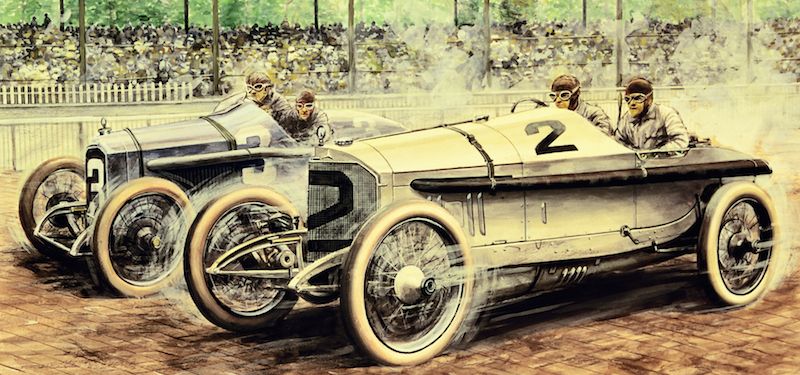
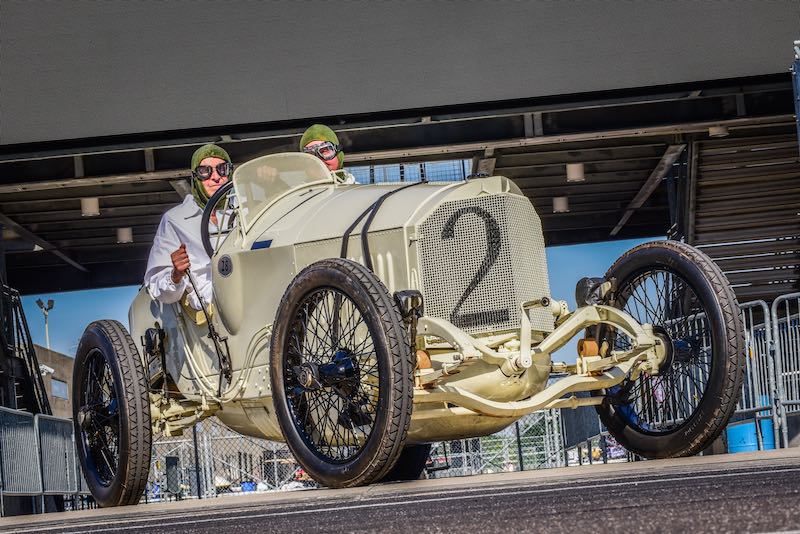
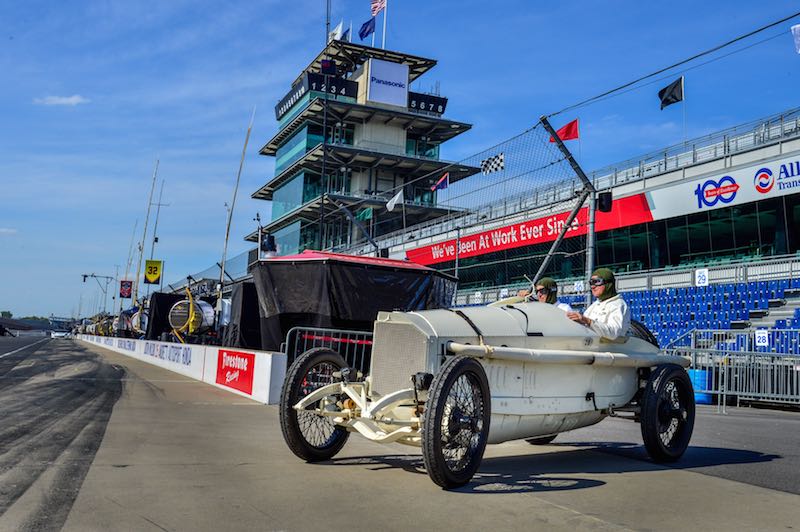
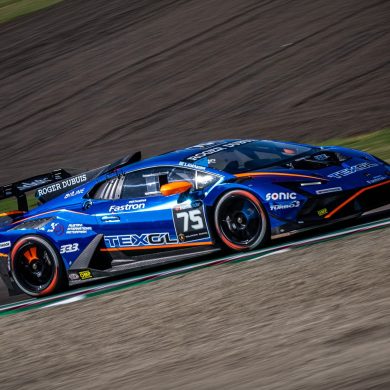
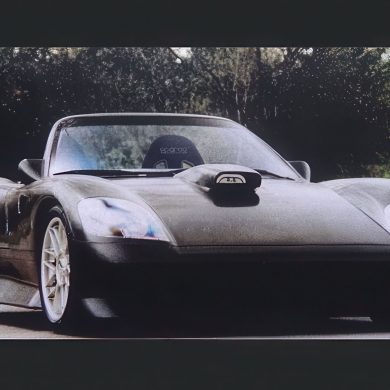
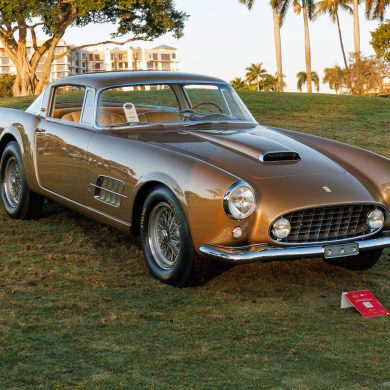
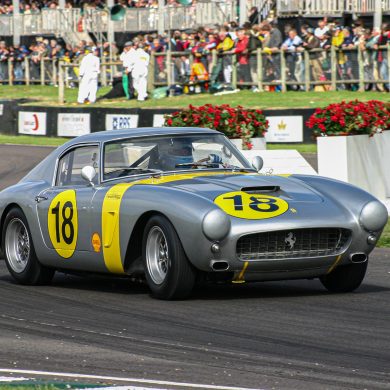
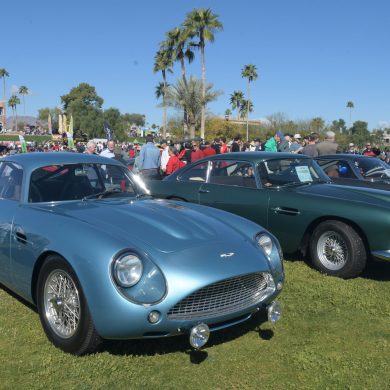
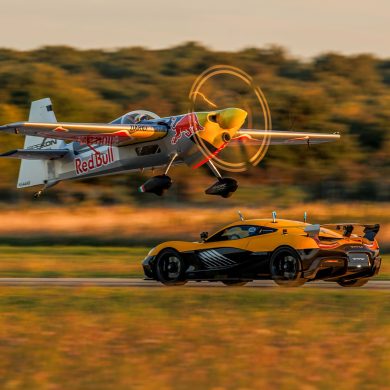


Very interesting article on Ralph de Palma, Congratulations.
It’s a great Movie History , Theme of the first great American Driver and Mercedes Benz . Is real amazing. Thank you for this publication .